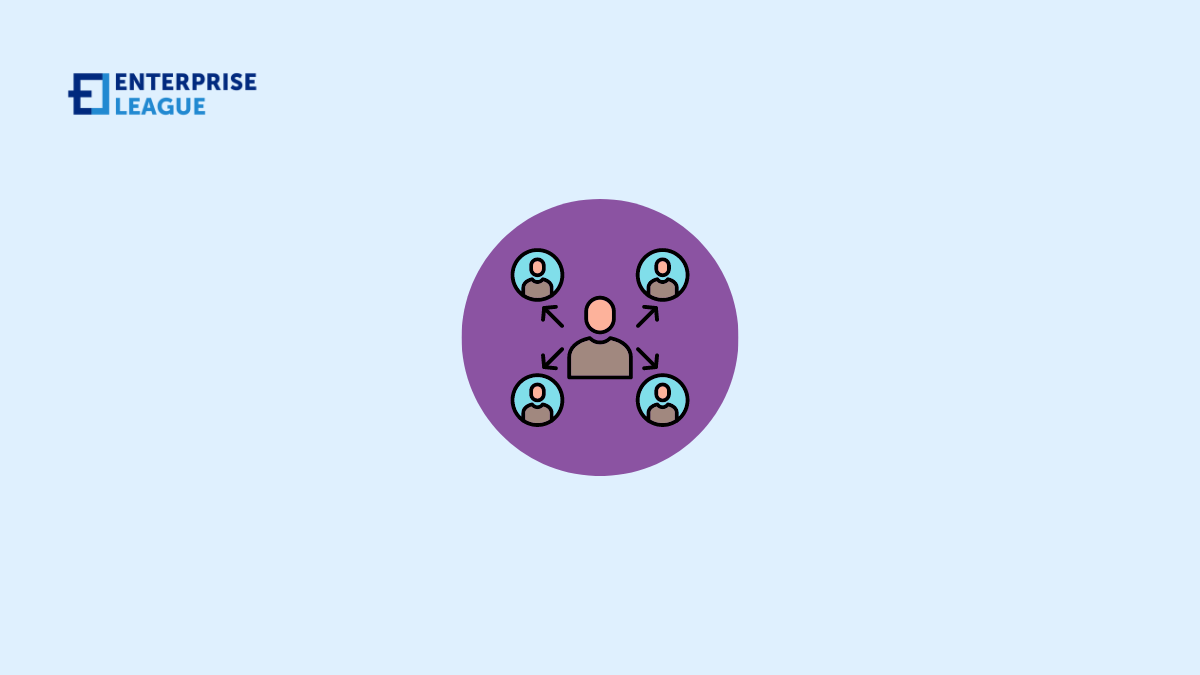Engagement is the fuel that drives team performance. When team members are engaged, they’re more productive, collaborative, and willing to go above and beyond to help their company succeed. If you’ve ever been on a team where no one wants to go the extra mile or where collaboration is non-existent, you know how much impact engagement can have on productivity. When team members are disengaged, it harms performance as well.
7 outstanding ways to boost your teams engagement level
Low-engagement teams are less productive and struggle with collaboration. This blog post will explore eight ways to boost your team’s engagement level.
Have a purpose
Communicate clearly and often
Engaged teams communicate with each other effectively. Collaboration is much easier when team members are clear about goals, expectations, and priorities. When teams communicate effectively, they experience less misalignment and confusion. When it comes to effectiveness, there are several strategies you can use to help your team communicate more clearly. You can host regular team meetings where members discuss progress towards goals and priorities. You can also set up team chat channels or use collaboration software to help team members stay in touch. It will help if you communicate with your team members regularly. This will help reduce misalignment and confusion.
You can use collaboration software to send your team regular updates on key milestones and achievements. This will keep your employees informed while helping them feel connected and valued.
Hold weekly collaboration meetings
In addition to hosting regular team meetings, you should also regularly host collaboration meetings. Collaboration meetings are hosted by one team member and attended by the rest of the team. Collaboration meetings are a great way to overcome misalignment by getting your team members in the same room and discussing progress toward goals.
When hosting collaboration meetings, it’s essential to follow a few fundamental guidelines. First, you should host regular collaboration meetings. This will keep meetings from feeling burdensome and unnecessary. Holding collaboration meetings once a week is a good rule of thumb. You can also use collaboration meetings to set goals and provide feedback to team members on their progress. Thirdly, make sure that the meetings are not time-wasting and that the technical part is working smoothly (no Bluetooth issues with the headphones or battery problems).
Encourage team-building activities
When teams get to know each other, they’re not always eager to collaborate. Engaged employees, however, are always keen to collaborate. To encourage collaboration between team members, you should promote regular team-building activities. You should schedule team-building activities at least once a quarter. These can be as simple as getting your team together for a meal or coffee date. You can also host team retreats or send your team members on field trips from time to time. It is a great idea to plan a retreat for your team, as this will allow them to communicate and get to know each other on a more personal level.
Whatever activities you choose, they should be designed to help your team members collaborate with each other more effectively. Team-building activities can also be used to support your team in identifying its strengths and weaknesses. Regular team-building activities can also take the form of charity team building events, which enable employees to give back to the community while bonding with their colleagues. Besides fostering teamwork, these activities align with corporate social responsibility goals. You can use an exercise where team members share something about themselves, and the rest of the team rates them. The team should be encouraged to give constructive feedback.
Provide recognition and rewards
It’s easy for employees to start feeling like their contributions go unnoticed. Engaged teams are rewarded for their efforts and contributions toward the organization’s goals. When your team members think their work is valued and appreciated, they’re much more likely to be engaged and motivated. If your team members are feeling unappreciated, you can use collaboration software to remind them of their contributions. You can also host regular one-on-one feedback sessions with each team member to help them feel more valued and appreciated.
When rewarding your team members, you should always be mindful of the frequency and type of rewards you are giving. You do not want to create a culture of gift-giving and rewards that is unsustainable. Instead, you should reward your team members with praise, recognition, and increased responsibility. You must celebrate wins that are not expected as well. This will help your team members feel more connected and engaged.
Celebrate milestones and achievements
Celebrating milestones and achievements is another excellent way to boost engagement. You must celebrate milestones and accomplishments as they occur. You should not wait until the end of the year or the next development review to celebrate your team members’ hard work.
When celebrating milestones and achievements, you should follow a simple rule. It would help if you always celebrated more than what was expected. If your team member was expected to complete a project in three months, you should observe their accomplishment and the project’s success when it was completed in two and a half months. Celebrating milestones and achievements will help your team members feel valued and appreciated. You must celebrate wins that are not expected as well. This will help your team members feel more connected and engaged.
Establish a culture of quality feedback sessions
When you encourage team members to provide feedback to each other, you help them become more engaged and productive. Employees who regularly provide feedback to their peers are more active than employees who don’t. Things will likely get awkward when you first begin hosting regular feedback sessions. Feedback sessions are designed to help your team members improve and grow. It’s natural for team members to be hesitant and nervous about speaking up.
Don’t forget to encourage your team members to take their time when providing feedback. It’s essential that you actively promote feedback sessions. You should host feedback sessions regularly and invite your team members to participate. Providing feedback to each other on a daily or weekly basis can also be a great idea.
Conclusion
More must-read stories from Enterprise League:
- The golden rules you need to build a steady buyer-seller relationship.
- 18 popular entrepreneurship myths debunked.
Related Articles
SEO writing: Five foolproof tips to secure you the first page
When it comes to SEO writing it’s more guessing and less evidence about what works and what doesn’t. Luckily, we know what can really help you reach the first page.
How to onboard a new employee: Tips for quick integration
Your guide to smoother employee onboarding where you will find practical strategies that help new hires feel welcome and become productive team members faster.
6 tips on how to delegate work so it actually gets done
Delegation doesn’t have to be difficult, that’s why we are sharing some proven tips to delegate work effectively and get better results from your team.
SEO writing: Five foolproof tips to secure you the first page
When it comes to SEO writing it’s more guessing and less evidence about what works and what doesn’t. Luckily, we know what can really help you reach the first page.
How to onboard a new employee: Tips for quick integration
Your guide to smoother employee onboarding where you will find practical strategies that help new hires feel welcome and become productive team members faster.






